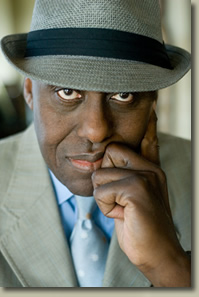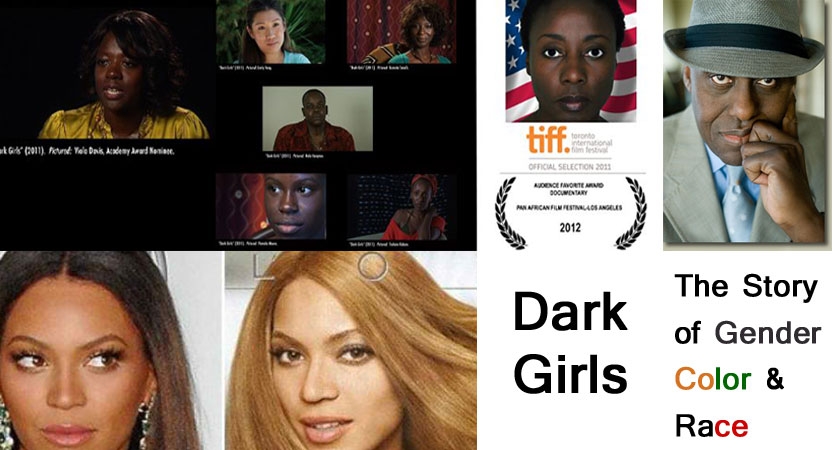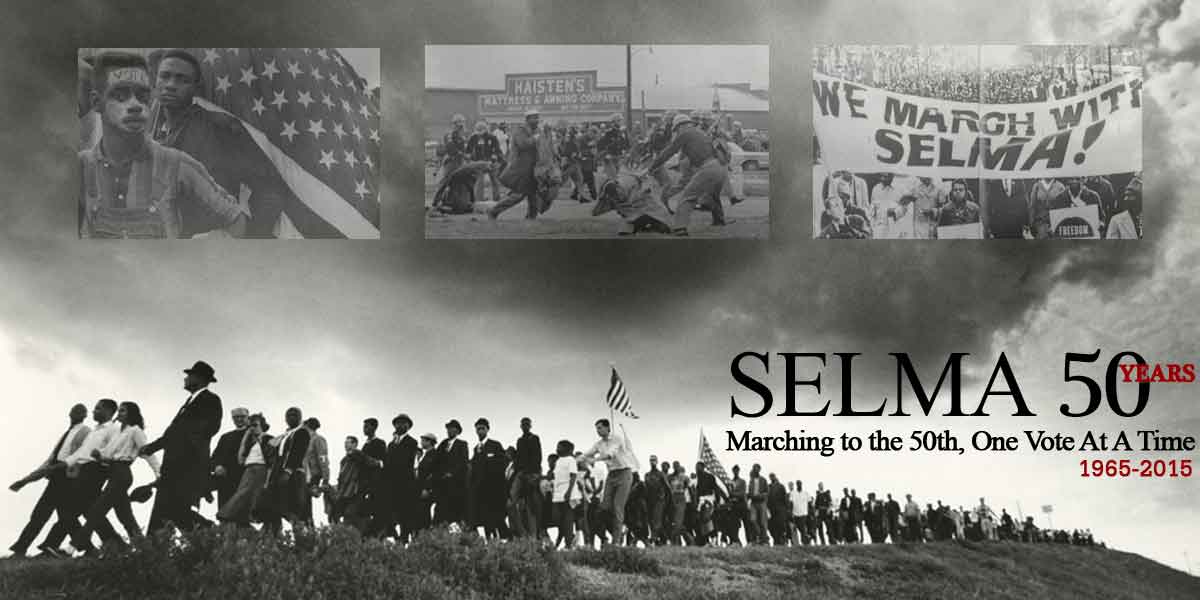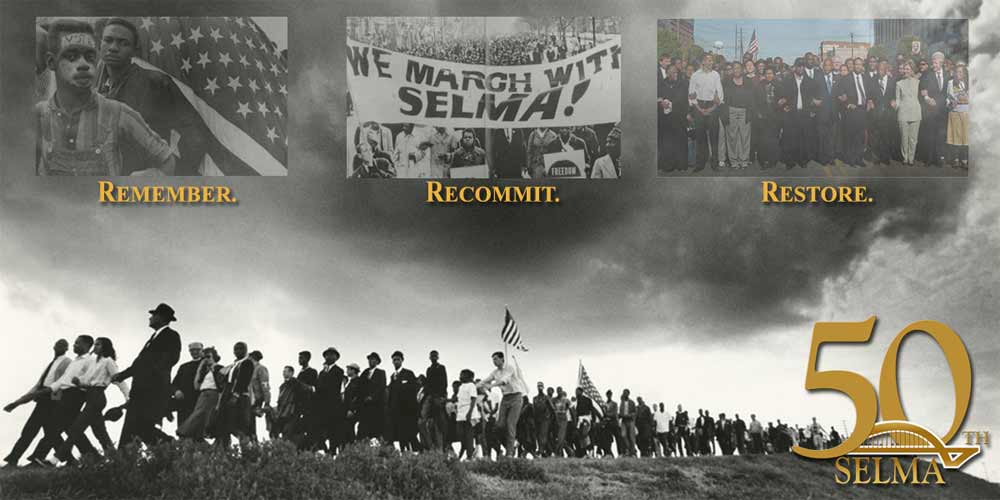Silver screen and television actor, producer, writer and director Bill Duke will be in Birmingham this weekend to promote his new documentary “Dark Girls.” Produced along with filmmaker D. Channsin Berry, the documentary explores the often debilitating attacks on dark-skinned women’s beauty and self-esteem. The 9-minute preview provides haunting insight into the struggles these women face in society at large.

|
Dark Girls Screening and Conversation featuring Actor, Director & Producer- Bill Duke Saturday, November 3, 2012 |
|
Carver Theatre/Alabama Jazz Hall of Fame 1631 Fourth Avenue North Birmingham, Alabama 35203
VIP Reception 6:30 PM -7:00 PM Screening begins at 7:30 PM |
Here are some Q&A’s featuring Duke from a Jan. 2012 Washington Post article about Duke’s rationale for embarking on the film project:
Q: What drove you to take this idea and turn this project into a reality?
A: From observing the unfortunate pain that friends of mine’s children are still going through. Just yesterday we were at the Links. A beautiful dark-skinned woman was at the desk, and she said to me, “I’m so glad you’re making this film.” I said, “Thank you.” She said: “You don’t understand. A few days ago, my daughter, who’s as dark as me, came home crying that they were calling her ‘blackie’ and all of these names at the playground at her school.” This is not something that happened 50 years ago; this is happening now.
Q: What do you hope to accomplish from this documentary?
A: To create a discussion, because in discussion there’s healing, and in silence there is suffering. Somehow if you can speak it and get it out, healing starts.
Q:What’s been the reaction of audiences?
A: It’s been phenomenal; women coming up to us and saying thank you for giving us a voice, thank you for giving our children a voice.
As a result of that, we’re making two more. One is called the ‘Yellow Brick Road,’ which is about lighter complected women and what they go through and the other one is, “What Is a Man?” which deals with manhood from a global and historical perspective.
Q: What did you guys learn from doing the film?
A: I think the deepest part is we learned our own prejudices and we learned our own indoctrinations. We learned where our own standards of beauty came from, what were our preferences and why were we making those decisions in terms of women.
You know you think your conscious is right; as you dig deeper in to the core of these issues, it’s a self-discovery process as well. And when you start facing those issues, they are not painless, let’s put it that way. And so this self-discovery process was part of it.
The other thing we learned was how deep some of the injury really goes. I keep repeating these two instances: One is of a young lady who is riding in a car with her mother and a friend and her mother is bragging on her daughter’s beauty, about her cheekbones and her lips and her face and she says in front of the friend, “Can you imagine how beautiful my daughter would be if she had a little more lightness to her skin?” And her mother is not doing this to damage her daughter; this is her belief system, this is what she’s been brought up with and she’s being honest about it.
See the full article by Fahima Haqueat at The Washington Post blog, The Root DC Live.











